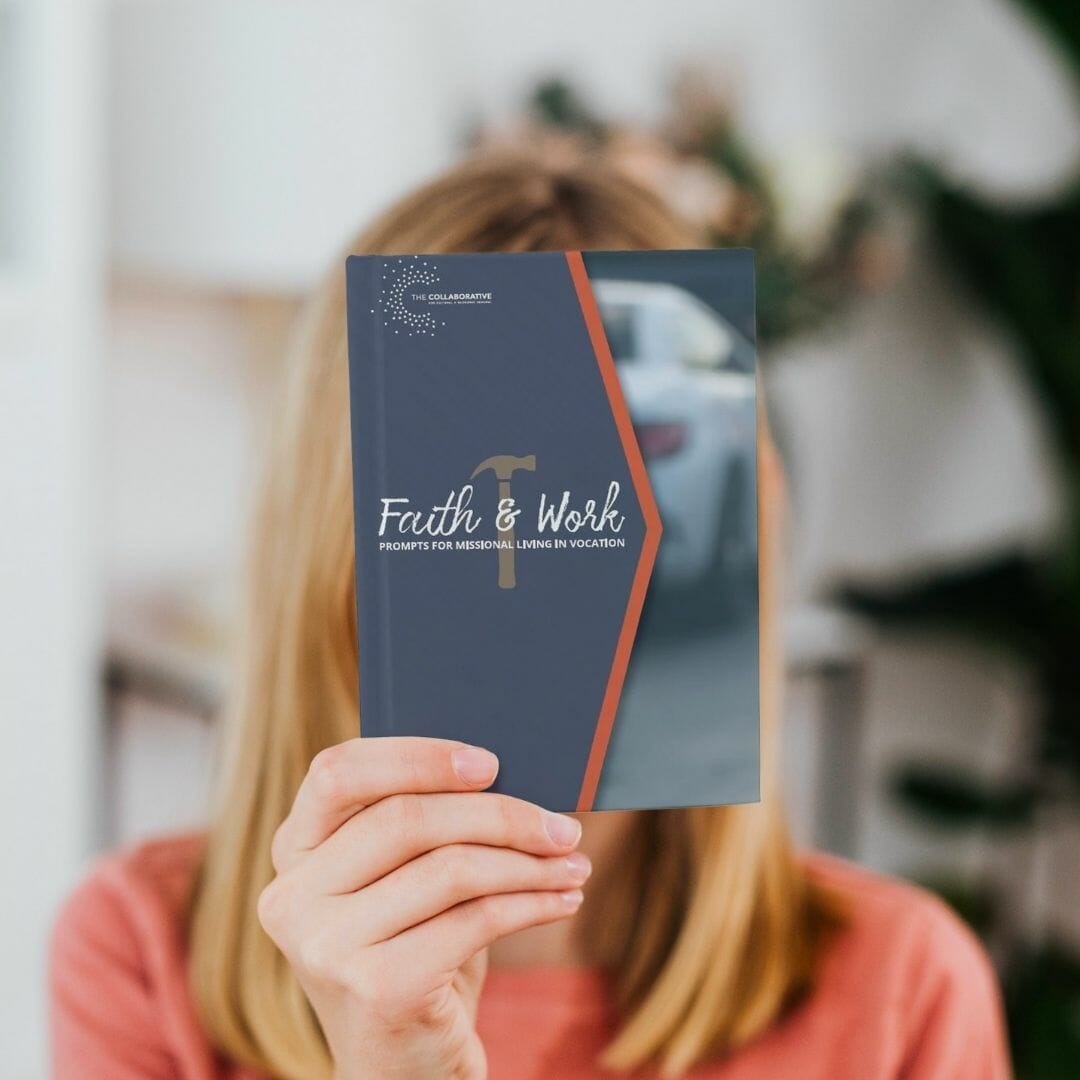With Super Tuesday already behind us but many more miles still ahead for this year’s primary elections, this week’s article, “The Political Captivity of the Faithful,” by Nathan Hatch is worth our consideration. It is a good reminder to remember in whom we have our identity which is not our political party affiliation. What influences are controlling our choices–our political party or your theology? As believers we are the body of Christ, the radiant bride, the church. Enjoy!
I entered graduate school to study history in the spring of 1970—a wild and contentious time. President Nixon had just expanded the Vietnam War into Cambodia and college campuses erupted. On more than twenty-five campuses, violent clashes pitted students against police; four students were killed at Kent State. Over thirty Reserve Officer Training Corps buildings were burned down, including the one at Washington University, where I was studying. I recalled walking into Holmes Lounge seething with angry students planning what they might do next. One morning, heading to Professor John Pocock’s graduate seminar on the political rhetoric of the English Civil War, I found him standing in the doorway debating a student radical who was demanding the cancellation of all classes. Pocock, almost like a good seventeenth-century commonwealthman, argued for freedom of student choice.
It was because of professors like Pocock that I received the lenses through which I learned to observe reality and gained perspective on how religion and politics interact. And it was there that I learned to ask the abiding question that Pocock would always ask: “What is it possible for a generation to think?” What languages and meanings were available to them—in their own time and place—that were not present in vocabularies before or would not be after?



